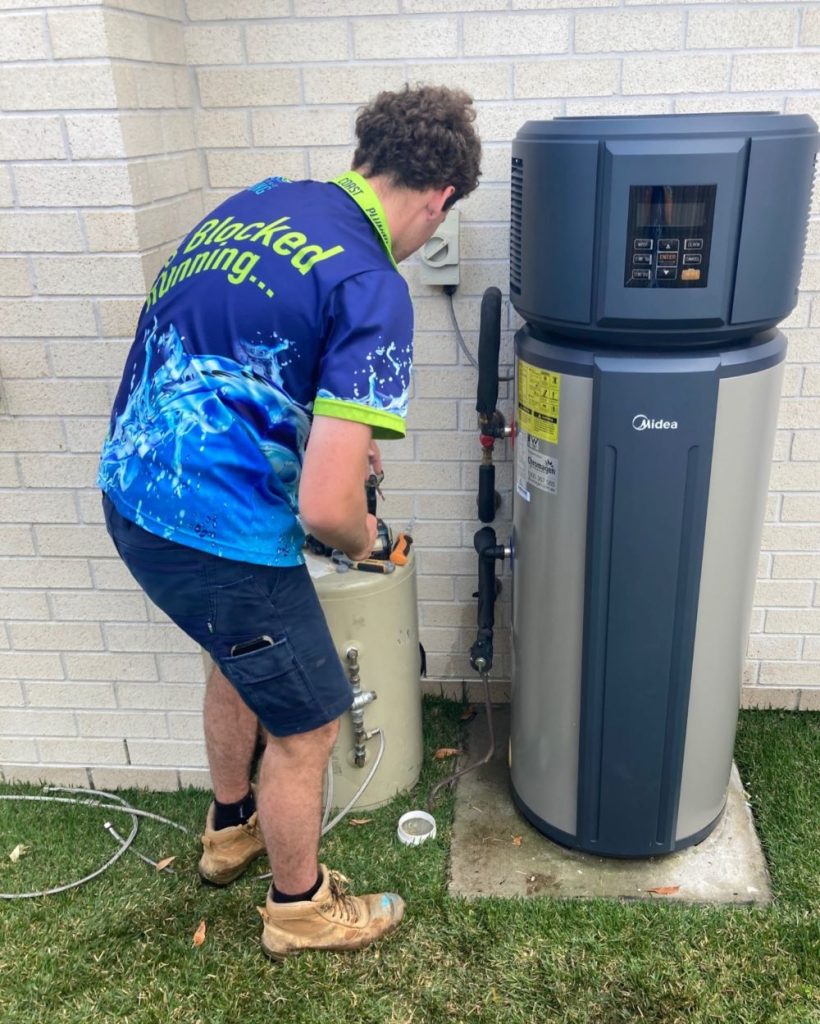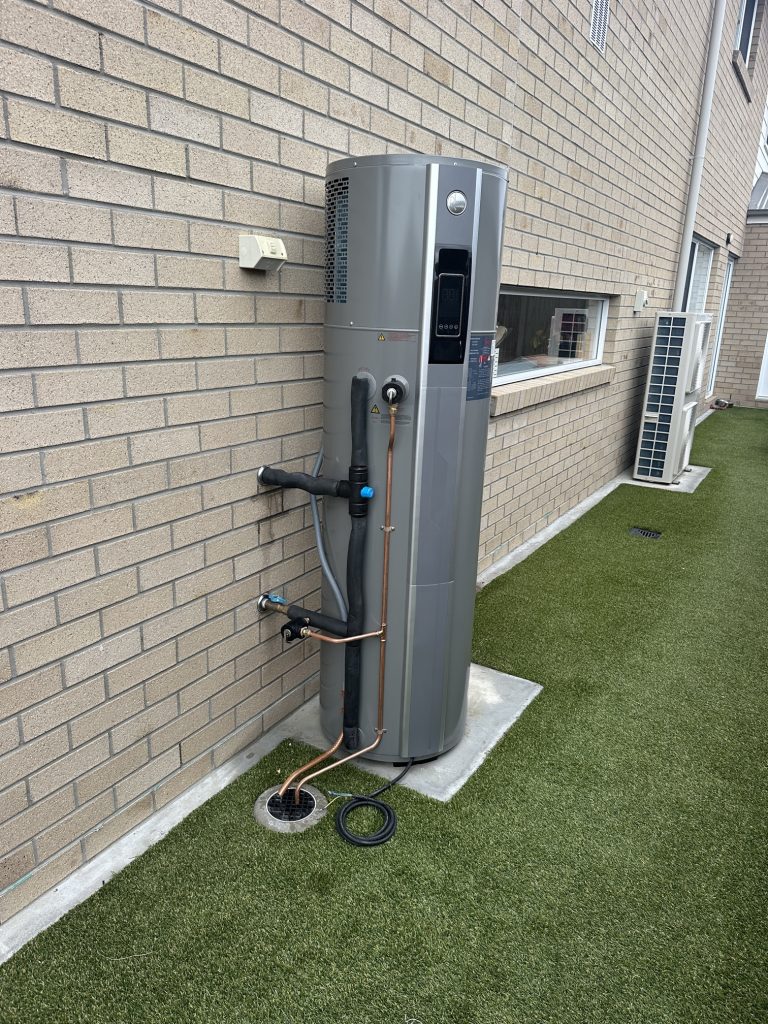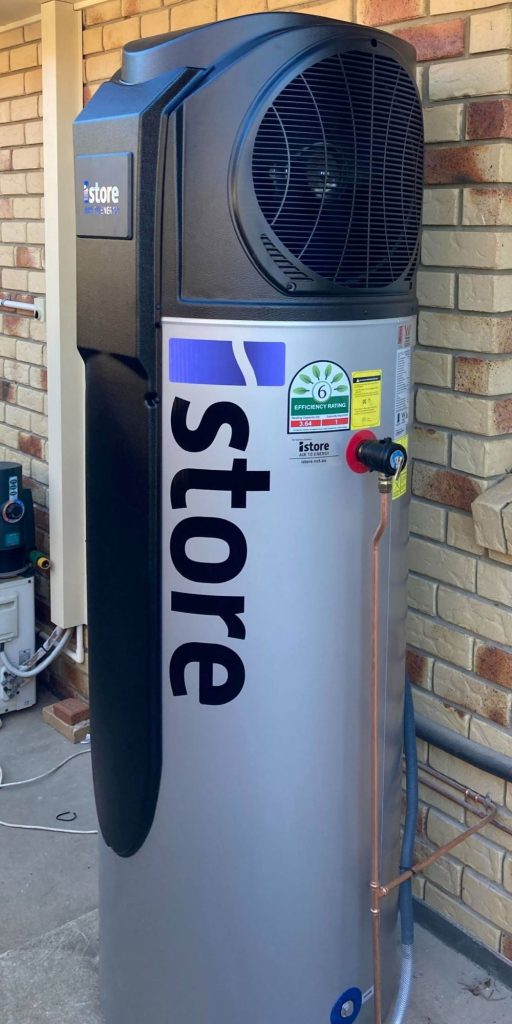Understanding the Complexities of Hot Water Systems in Queensland’s Climate
When selecting the ideal hot water system for your home in Queensland, it is essential to go beyond just choosing a brand or considering the water capacity. A thorough understanding of several critical elements is required, such as the local climate, humidity levels, electricity tariffs, and your household’s typical water consumption. These factors significantly impact the system’s overall efficiency and performance. With the increase in energy prices, many households are turning to heat pumps due to their remarkable energy-saving capabilities and eco-friendly benefits. However, it is crucial to assess whether these systems are the right fit for your specific property type to ensure optimal performance and longevity of your hot water solution.
This article delves into the functionality of heat pumps within the diverse climatic conditions of Queensland, highlights which types of properties gain the most from these innovative systems, and addresses prevalent misconceptions that could lead to subpar performance or incorrect system selections.

Enhancing Heat Pump Efficiency in Coastal Queensland Settings
Heat pump water heaters function by efficiently extracting thermal energy from the surrounding air. Their operational efficiency significantly increases as ambient air temperatures rise. In the coastal regions of Queensland, particularly in well-known areas like the Sunshine Coast, Brisbane, and the Fraser Coast, average air temperatures typically remain above 5°C, even in the winter months. This consistent warmth enables heat pumps to operate effectively throughout the year, eliminating the need for electric boosters or additional heating elements that are often necessary in colder climates. By harnessing this natural energy, homeowners can realise significant savings on energy bills and contribute to a lower carbon footprint.
Crucial Environmental Influences on Heat Pump Efficiency
| Factor | Impact on Heat Pump Functionality | Coastal QLD Efficiency |
|---|---|---|
| Average ambient temperature | Higher = more efficient operation | ✓ Consistently maintained above 5°C |
| Humidity levels | Moderate improvements | ✓ Generally high and stable |
| Access to off-peak electricity | Lower operational costs | ✓ Widely available in most regions |
| Roof shading | Not a significant factor | ✓ No detrimental impact on system |
| Direct sunlight exposure | Not a necessity | ✓ Functions well in shaded conditions |
Identifying Scenarios Where Heat Pumps May Underperform
Despite the numerous advantages offered by heat pumps, there are specific situations in Queensland where their performance may not meet expectations:
- Inland or elevated areas
Regions such as Toowoomba or the Hinterland experience significant overnight temperature drops during winter months. In these instances, certain heat pump models may struggle to maintain optimal efficiency without the assistance of a booster element, resulting in increased energy consumption and higher costs. - Constrained or poorly ventilated outdoor spaces
Heat pumps require adequate airflow around their compressor units to operate at peak efficiency. In tight or enclosed environments, the effectiveness of heat extraction may diminish, and operational noise levels could rise, potentially causing disturbances for residents. - Large households with significant hot water needs
In homes with more than six occupants, systems that offer greater storage capacity or faster recovery times, such as solar-boosted gas systems, may be more effective in efficiently meeting high hot water demands.
Dispelling Common Myths About Heat Pumps in Queensland
“They become ineffective during winter.”
This notion may hold true in colder southern regions; however, it is not applicable in Queensland. In areas where average temperatures consistently exceed 5°C, heat pumps retain their efficiency throughout winter, providing dependable hot water solutions even during the cooler months.
“Solar panels are necessary for heat pumps to operate.”
This claim is misleading. Heat pumps can function independently of solar photovoltaic (PV) systems, although integrating them with solar energy can further enhance your energy savings and sustainability efforts.
“Heat pumps are excessively noisy and disruptive.”
Modern heat pump systems are designed to operate much quieter than older models. When installed correctly in well-ventilated spaces, the noise emitted from the compressor unit is typically minimal, allowing for a comfortable living environment.
Effective Strategies for Optimising Heat Pump Installation and Performance in Queensland
- Select a system specifically designed for Australian conditions
Opt for models that feature high-efficiency ratings and reliable local support, such as istore or Stiebel Eltron, both recognised for their outstanding performance in the Australian climate. - Install in a well-ventilated yet shaded location
While heat pumps do not require direct sunlight, they need sufficient airflow around the unit to operate efficiently and effectively. - Utilise timers or smart controls
Programming the system to function during periods of solar power generation or off-peak electricity hours can greatly increase energy savings and reduce costs. - Ensure your system is correctly sized
A capacity of 250–300 litres is typically adequate for the needs of most families. Installing an undersized system can lead to performance issues and increased reliance on boosting mechanisms, which may escalate energy consumption.
The Crucial Importance of Local Expertise in Successful Heat Pump Installations
Installing a heat pump necessitates a tailored approach to achieve optimal results. The best outcomes are achieved when collaborating with a local plumber who possesses expertise regarding:
- Performance adaptations to local climate conditions, ensuring maximum efficiency
- Eligibility for rebates such as Small-scale Technology Certificates (STCs) and various Queensland government incentives that aim to promote energy efficiency
- Optimal positioning and ventilation strategies for the unit to boost performance
- Integration with solar PV systems or battery storage solutions, if appropriate, to maximise energy efficiency
At Creek to Coast Plumbing, we specialise in providing and installing high-performance hot water systems, including heat pumps, throughout the Sunshine Coast and Moreton Bay regions. Our dedicated team is committed to helping you identify the most suitable hot water service that meets your requirements. As the demand for energy-efficient hot water solutions continues to rise, many individuals are comparing solar options with heat pumps. We will evaluate the specific conditions of your home, suggest the most appropriate system, and ensure you are equipped for maximum efficiency.
Discover more about our Heat Pump Hot Water Installations or contact us for a personalised recommendation tailored to your unique needs.
The Article: Heat Pumps in Queensland: Effective Solutions and Pitfalls first appeared on https://writebuff.com
The Article Heat Pumps in Queensland: Benefits and Challenges Explained Was Found On https://limitsofstrategy.com



